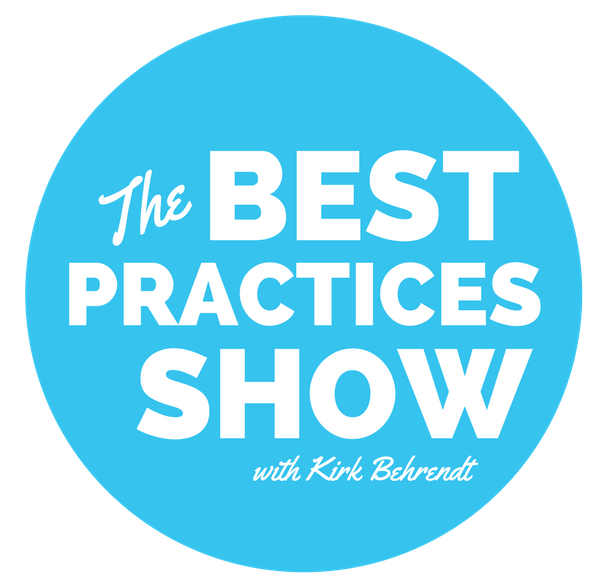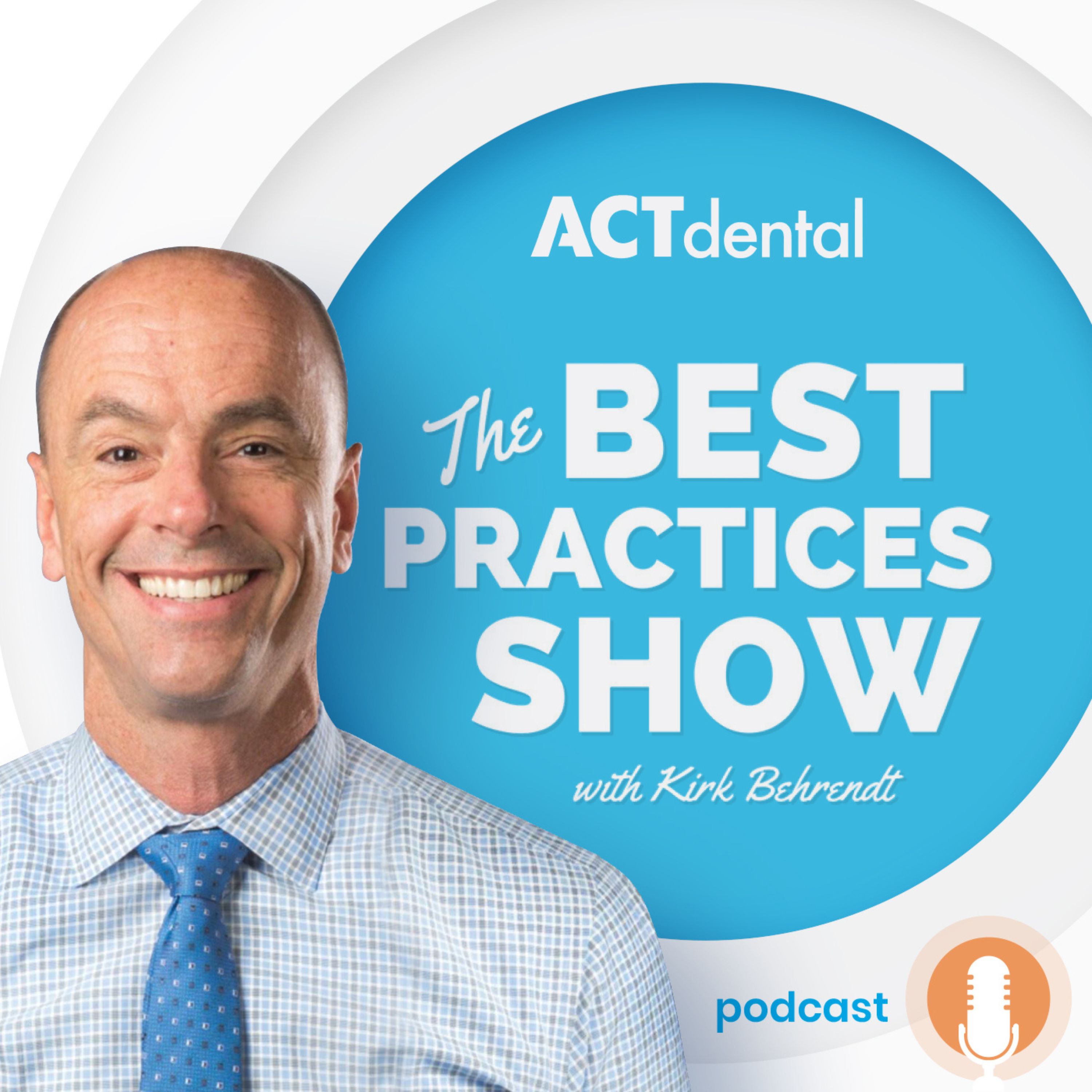Episode 20
20: The Missing Ingredient to Becoming the Complete Clinician - Dr. Greg Tice
Greg Tice is the managing director of the Seattle Study Club. Today, we discuss the missing ingredient that you are not going to want to skip over to become a complete clinician. A lot of you spend a lot of time trying to get better. A lot of you take a lot of CE classes, but these classes are missing the secret ingredient to becoming a complete clinician.
We talk about how people who attend the Seattle Study Club are there to improve themselves and to up their game. We also talk about how the Seattle Study Club is different from other study clubs. For one thing, most of their classes force you to engage with other people. The outcome of a group treatment planning session can be surprising and informative. Greg shares knowledge about expectations, changing habits, and more.
You can find Greg here:
Show Notes
[01:38] The Seattle Study Club is one of the most brilliant business models ever created. The Founder Dr. Cohen created a system where the world's best educators come to you in your town no matter where you live.
[02:34] Getting into the Seattle Study Club is a privilege and an honor.
[03:11] Greg is the managing director of the Seattle Study Club. He has been with the Seattle Study Club for 22 years now. Prior to that he was a concert promoter.
[03:34] He has grown up with the organization over the last 22 years. He is really struck with the quality of individual that is attracted to the local Seattle Study Club.
[03:53] January 5th 1995 is the year Greg started in Seattle Study Club with Michael Cohen.
[04:18] The doctors were so open with each other talking about real-world things.
[05:13] You walk away going wow these were really amazing people. They are so willing to give and share.
[06:11] The first secret ingredient is expectation. You can't just go to a CE class and sit there and listen. Our brains work by by being engaged. When we listen to information we don't retain things that we don't already agree with. Engaging with others is how we change the information we already know and agree with.
[08:20] Think of your CE classes more like an education or hands on class not just listening to a lecture.
[09:40] With this approach, we actually change the way we are listening.
[10:34] How we are hardwired to act on autopilot 80% of the time. The real key to change a behavior is changing habits.
[12:23] The Seattle Study Club curriculum is designed to move people from point A to point B at any given time. We have 9 to 10 programs a year with one program per month. Two or three of these are full-day lecture programs. The other programs are designed around interaction and that is where the real learning takes place. Two or three of these will be treatment planning sessions.
[15:18] Engagement and repetition create behavior change.
[16:22] Being around other people pulls you forward and makes you a better dentist.
[16:48] People continually wanting to improve recognize that you can't do it by yourself.
[17:59] How important it is to hang around with people to help up your game at least once a year.
[19:16] One of the biggest challenges of dentistry is the isolation. Having a safe environment to interact with peers is so valuable.
[20:09] Seattle Study Club is school for dentist who don't have the luxury of going back to school.
[21:28] Creating a complete clinician. The important thing from a growth standpoint is to not focus on only one certain area.
[23:27] To become well-rounded we need all of the components to become a complete clinician.
[24:32] The study Club model is about relationships and creating behavior change. When people are comfortable with one another they do interact and share information.
[26:52] The topics and experiences need to be changed up otherwise people will get bored.
[28:14] The problem-solving sessions help people think about themselves better. The study club can also help protect people from things like perfectionism.
[29:35] Sharing problems and struggles with other dentists helps people who work in isolation realize that they are not alone.
[30:36] The pooling of resources allows the different study club locations to bring in prominent speakers.
[31:32] Advice to new dentist is don't allow yourself to be isolated. Find a peer group to connect with on a regular basis in a safe environment, because it will change how you do dentistry.
[33:11] Study club directors can be anyone who's interested in helping to create a community.
[35:44] It's about the team approach to comprehensive diagnosis and treatment planning.
[36:32] Our core purpose is to create an environment for growth and change with intention.
Links and Resources:
Max Planck Institutes and Experts


